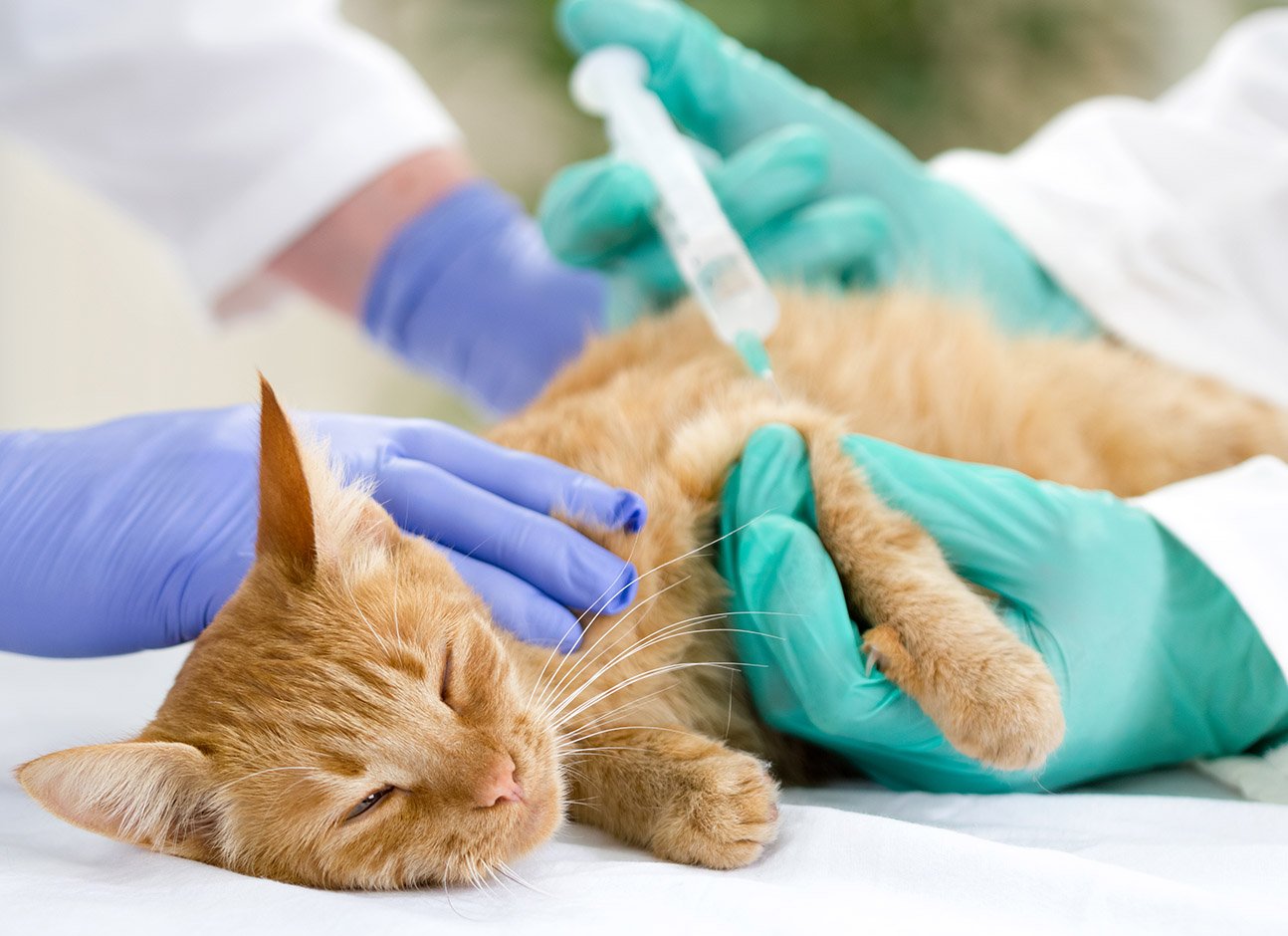Diabetes is a pressing concern among human beings with it plaguing more people than ever. However, cats aren’t exempt from this disease either. Diabetes mellitus is a growing problem among cats of late, even accounting for the second most common endocrine disease observed in the feline population.
Diabetes mellitus is more likely to occur among male, overweight, older (above 7 years of age), and / or neutered cats. Some of the symptoms of diabetes in cats include weight loss, rise in appetite, increased water consumption, drinking water from uncommon places, sluggishness, and / or sticky urine that is difficult to clean. If you notice such signs in your cat, you must take them to the veterinarian without delay. It is important to note that diabetes in cats is difficult to diagnose. Veterinarians usually have to do a detailed examination of your pet, and analyse their medical history and laboratory test results before confirming diagnosis.
Despite all the problems that it poses, diabetes mellitus is a treatable disorder. Insulin therapy, and regulating and stabilizing glucose levels in the blood are some treatment options that you can ask your veterinarian about while creating a specific health plan for your cat. Certain medications like corticosteroids make cats more susceptible to developing diabetes. So by avoiding such medicines, you can control the impact of diabetes on your pets. Regularly exercising your overweight cat is also an effective way of combating this condition as obesity is also a risk factor for diabetes mellitus. If your pet is diabetic, ensuring that they eat a balanced diet high in protein and comparatively lower in carbohydrates, is another step towards helping your cat stay healthy. Your veterinarian can better advise you on the right kinds of foods to feed your pet in order to help you effectively manage diabetes in your cat.
Be sure to monitor your cat and take them to the veterinarian regularly. With your help and appropriate medical intervention(s), your cat can enjoy a good quality of life even with diabetes mellitus.
